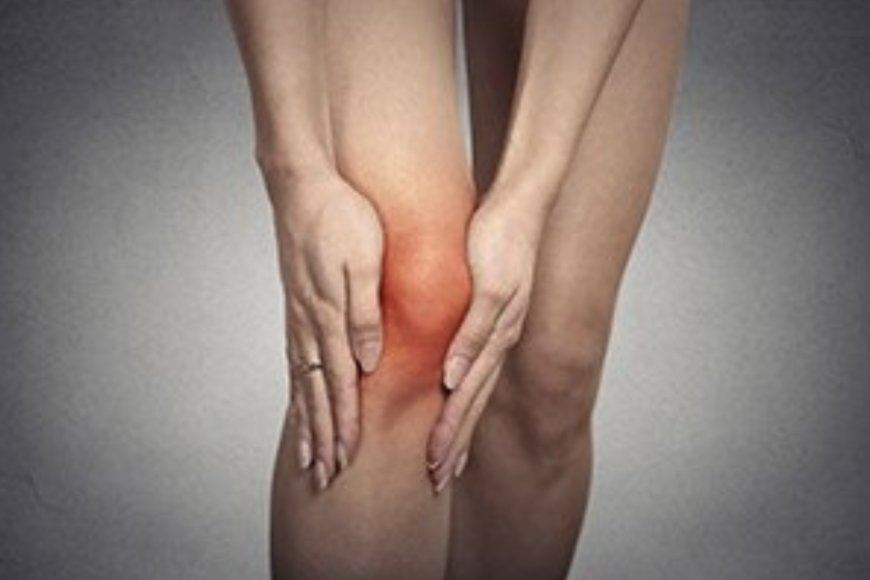Here’s What Young Women Suffering From Degenerative Bone Disease Need To Do To Stay Strong And Healthy

Hormonal shifts, notably those occurring during and after pregnancy, along with obesity and an unhealthy lifestyle, stand as significant catalysts for the rising prevalence of degenerative bone diseases in young women.
At the National Bone and Joint Day celebration on August 4, doctors proposed augmenting daily calcium intake through foods like tofu, almonds, Brazil nuts, salmon, and dark leafy greens, all rich sources of calcium, news agency IANS reported.
August 4 marks the annual observance of National Bone and Joint Day in India, aimed at fostering awareness about bone and joint health within the population, and thwarting diverse musculoskeletal ailments.
Degenerative bone and joint ailment, also recognized as osteoarthritis, delineates an enduring process of joint attrition and deterioration that advances over time.
On this day, the doctors also advised engaging in physical pursuits such as brisk walking, tai chi, dancing, weight training, aerobic exercises (2-3 times a week), strength-building routines (1-2 times a week), alongside incorporating stretches and flexibility exercises into daily regimens. They further advocated steering clear of smoking and excessive caffeine consumption, as these factors are linked to osteoporosis.
Dr. Amit Kale, Professor and Head of Unit for Orthopaedic and Joint Replacement at D.Y. Patil Hospital in Pune, noted, "Women are particularly susceptible to this condition due to the hormone elastane, which increases the elasticity of tendons and ligaments, rendering them more prone to injuries."
Dr. Vaibhav Bagaria, Director of the Department of Orthopaedics at Sir HN Reliance Foundation Hospital, said that though degenerative conditions are more prevalent among the elderly, young females can also grapple with knee discomfort. He explained that an imbalance between the inner and outer muscles around the kneecap leads to rubbing against the underlying bone, causing pain and degeneration.
The surge in obesity also contributes to osteoarthritis in women. Dr. Kale remarked, "Obesity is more prevalent in women than men, and the excess weight places greater stress on joints, resulting in heightened joint wear and tear."
Postpartum women commonly confront osteoporosis or osteopenia, primarily stemming from a confluence of hormonal fluctuations, dietary considerations, and lifestyle shifts during and after pregnancy.
What's Your Reaction?



























































